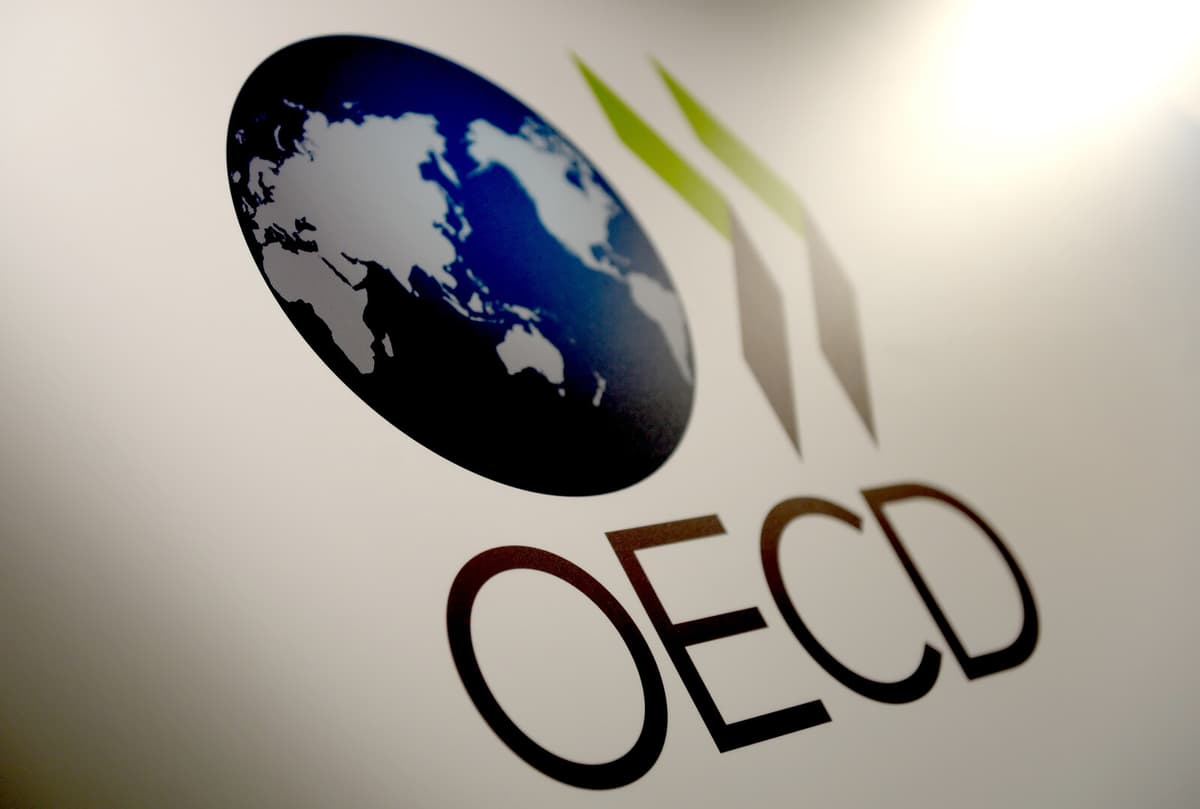Low inflation and weak demand in Sweden suggest that further interest rate cuts are needed to support economic development, according to OECD economists.
They are also calling for more measures to activate more people in the workforce, particularly the low-educated, older people, and immigrants.
The rent regulation is another issue that OECD economists believe should be addressed. They want to see softer regulations combined with other measures that increase labor market mobility.
Plans to reduce taxes on fossil fuels for air travel and transportation should be reconsidered, in order not to hinder the green transition and contribute to climate goals.
Swedish private consumption is expected to gradually recover over the next two years, driven by higher real incomes, lower interest rates, and a stronger labor market.
Investments are also expected to increase with lower construction costs and better credit conditions, according to OECD's picture of Swedish prospects.
Inflation is expected to gradually rise to the target of 2 percent in the wake of monetary policy stimuli and increased growth.
On the risk side, OECD points out that the Swedish economy is export-oriented and can be affected if global trade develops negatively.
OECD expects global growth of 3.3 percent in 2025, up from this year's estimated 3.2 percent.
Growth is then expected to remain at 3.3 percent in 2026.
Inflation in OECD countries is expected to fall back to 3.8 percent in 2025, from this year's estimated 5.4 percent.
Inflation is then expected to continue down to 3.0 percent in 2026.
OECD notes that inflation has already fallen back to central banks' targets in almost half of the developed economies in the world.
In emerging economies, the proportion of countries with inflation around the target is 60 percent, according to the organization.
Economists warn of unusually high uncertainty regarding the prospects, including references to conflicts in the Middle East and increasing trade policy tensions.
Source: OECD Economic Outlook, December 2024






